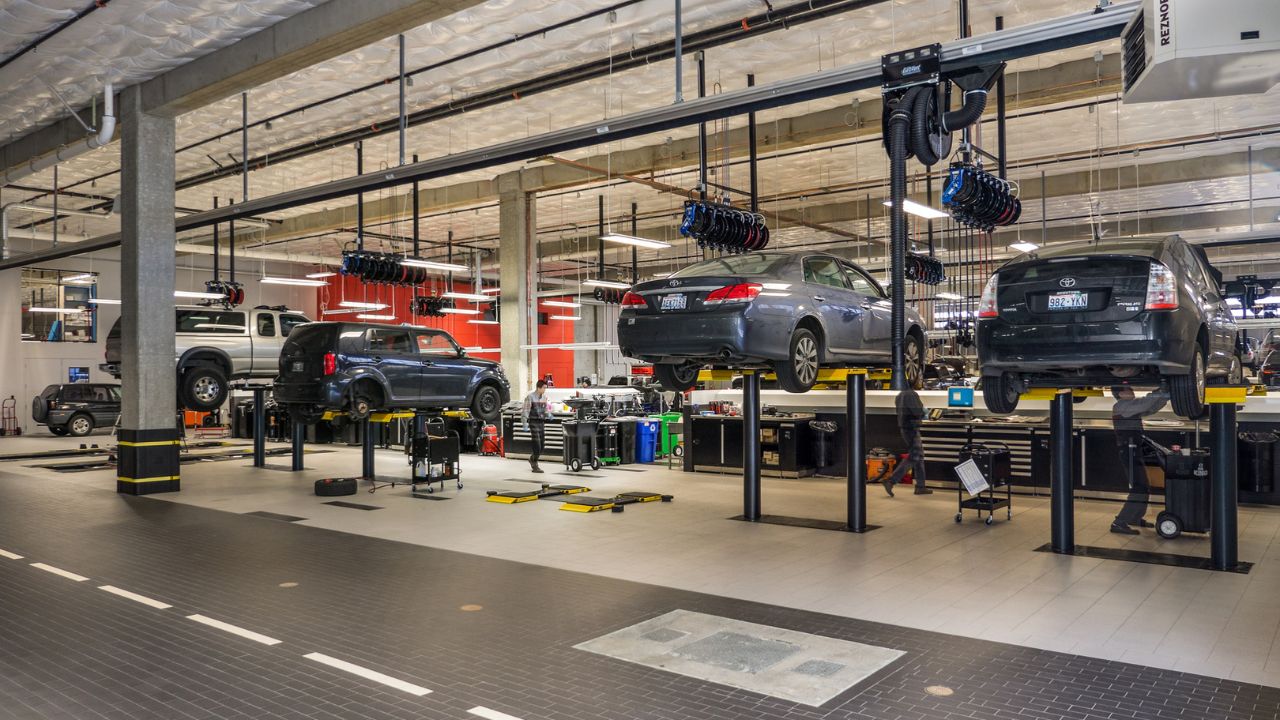Have you ever hired somebody based solely on their resume? What I mean by this is not that you hired them sight unseen, but more that you had the feeling that you were going to hire somebody before they even walked in the door? I know I have, and I’ve had mixed results because of it.
Resumes can be blinding for a hiring manager. Somebody’s credentials on paper can overwhelm you with a good feeling about how much they can contribute to growing your business. A strong combination of education and experience can make you feel like you “NEED” that person. If you’re anything like me, I value highly talented and driven people for my teams, and I have a tendency to fall in love with a resume.
Where I think this can lead to trouble is that it can lead your gut intuition in the wrong direction. Seeing strong credentials can overshadow some really important things such as cultural fit and how good of a person they are in general.
Oftentimes, we label somebody in our head based on the fact that they hop jobs frequently or if they have education that aligns with somebody we’ve had success with in the past. This can lead to you jumping through hoops to get a well-pedigreed person in your doors or incorrectly denying somebody that just hasn’t found the right fit for them yet. While some people are perpetually unhappy, and you’d probably like to avoid them, there are a large number of job hoppers that get bored easily and look for their next challenge.
Education Doesn’t Always Equal Great Technicians
A common place that I see this distinction is in regards to education. From time to time, I’ll hear, “I won’t hire that tech because he went to ‘insert school name here’.” In my experience, I most commonly hear it with the big schools such as Universal Technical Institute and Lincoln Tech. I don’t single these two out for any other reason than they are the biggest. They put out the most students and do it faster than most.
Where I think we miss the ball is we put so much focus on where they went to school that we end up putting all students from similar backgrounds into one big group. When we do that we lack the ability to evaluate each person on an individual basis.
I’ve hired technicians from great schools that were amazing employees. Conversely, I’ve hired techs from great schools that have been terrible techs. The same can be said for techs that don’t have a formal technical education as well. I’ve hired some that have been amazing and others that haven’t been. It’s a mixed bag, but why is that?
In some ways, I compare this to college athletes. For those of you that follow sports, it’s similar to an argument that I hear for scholarship athletes. In college football, talking heads commonly discuss the need to pay college athletes because of the revenue they generate. One of the talking heads, Doug Gottlieb, often takes the side of not paying the athletes. His argument is centered around the value of their education.
When Gottlieb says that, he states that the value is really in what the student athlete takes out of the education itself. If they put effort into learning, and go further than just checking the box of saying they got the degree, they should see a benefit far beyond the dollar amount it costs to obtain a college education.
In this regard, I think it’s the same thing for technicians. I, myself, attended Universal Technical Institute. I was also one who was more concerned with checking the box than actually absorbing what they were trying to teach me. I focused more on memorizing data to pass a test than actually understanding the information being taught. Because of that, when I got into the real world, I struggled in the shop.
The reason I bring up my experience is because on paper I had the technical education from one of the bigger schools, so I probably looked like a great candidate to hire. In reality, I wasn’t able to effectively apply my training in the shop.
Go Beyond the Resume
My point is that you need to really look at potential employees’ experience and education as pieces to the puzzle, not the entire thing. Regardless of where they worked or what school they went to, they are still a unique individual. They learn in different ways and take varied amounts of time to become effective in the shop.
My challenge to you is to look past the resume. Sure, the resume can give you a history of the person that you’re thinking about adding to your team, but it’s not the entire story. As a manager, you need to make sure that you’re doing your due diligence and that means digging in deeper. It takes time to do it the right way but can pay off in a big way as you continually develop your team.





